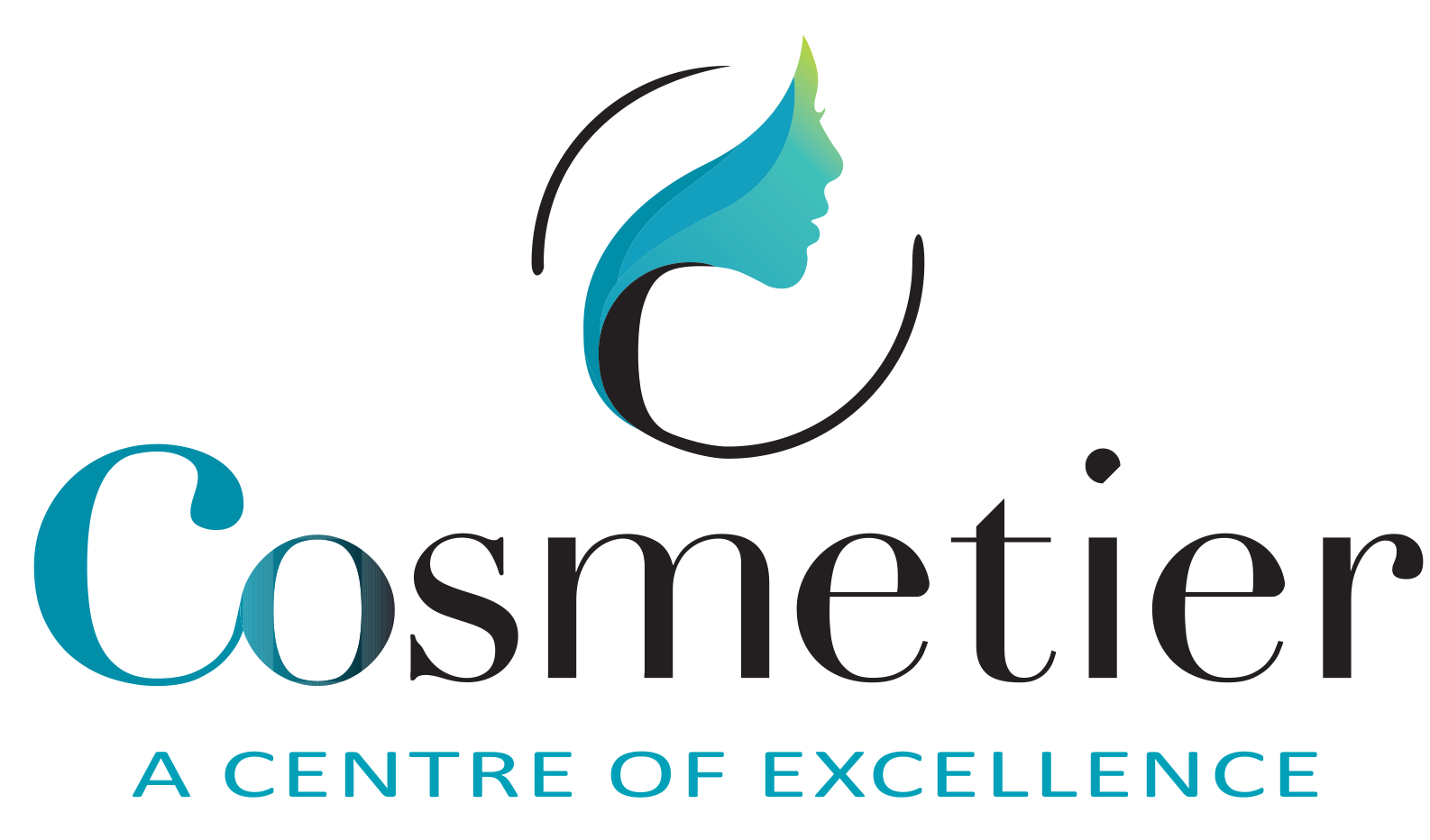Menopause represents a significant biological transition in a woman’s life, marking the cessation of reproductive capabilities. While commonly associated with symptoms such as hot flashes and mood swings, it’s crucial to recognise that menopause also impacts the skin due to hormonal shifts. In this blog, I’ll delve into the correlation between menopause and skin changes, detailing prevalent concerns and elucidating the role of aesthetic treatments in mitigating these effects.
Primarily, the decline in oestrogen and collagen levels during menopause precipitates alterations in skin composition. Oestrogen, pivotal in regulating collagen production, maintains skin elasticity and structure. Consequently, reduced oestrogen levels lead to diminished collagen synthesis, culminating in changes in skin texture and tone.
BOOK YOUR SKIN CONSULTATION HERE!
The most common and well known skin changes during menopause include:
- Dryness: Declining oestrogen levels can render the skin dry, itchy, and more susceptible to sensitivity. Oestrogen aids in preserving the skin’s moisture barrier, and its deficiency can compromise moisture retention.
- Wrinkles: Reduced collagen production engenders a decline in skin elasticity, contributing to the emergence of fine lines and wrinkles.
- Age spots: Hormonal fluctuations may stimulate melanin production, resulting in the manifestation of age spots or hyperpigmentation.
- Thinning skin: Oestrogen also sustains skin thickness; its decline can lead to skin thinning and increased fragility.
In response to these changes, aesthetic treatments present effective remedies. Collagen-boosting procedures, such as PRX T33 peels, microneedling, laser therapy, and radiofrequency, actively stimulate collagen production. These modalities work to restore depleted collagen levels, resulting in firmer, more youthful skin texture and tone.
Beyond aesthetics, There are additional measures women can do to supporting their skin health during menopause:
Hydration: Your Secret Weapon Against Dryness
During menopause, your skin may not retain moisture as it once did, leading to dryness and discomfort. By increasing your water intake, you provide your skin with the hydration it needs from the inside out. Think of water as your skin’s best friend, helping to maintain its elasticity and combat dryness. Aim to drink at least 8 glasses of water daily, and adjust based on your activity level and the climate you’re in. This simple yet effective step can make a significant difference in how your skin feels and looks.
Nourishing Nutrition: The Foundation of Skin Health
What you eat plays a crucial role in your skin’s health. A diet rich in fruits, vegetables, and healthy fats provides essential vitamins and antioxidants that fight oxidative stress and support skin repair. Omega-3 fatty acids, for example, help maintain your skin’s lipid barrier, crucial for keeping your skin hydrated and plump. Incorporate colourful fruits and vegetables into your meals to ensure you’re getting a variety of nutrients beneficial for skin health.
Sun Protection: Your Armour Against Menopausal Skin Changes
The sun’s UV rays are a major contributor to premature ageing and hyperpigmentation. Protecting your skin with a broad-spectrum sunscreen of at least SPF 30 is essential, even on cloudy days. Consider this step non-negotiable in your skincare routine, and complement it with protective clothing and seeking shade during peak sun hours. Your future self will thank you for taking these precautions to preserve your skin’s youthfulness.
Restorative Sleep: The Overnight Miracle Worker against Menopause
Quality sleep is a cornerstone of skin health, allowing your body to repair and regenerate skin cells. Menopause can disrupt your sleep, which in turn can affect your skin’s appearance. Creating a conducive sleep environment and establishing a relaxing bedtime routine can enhance your sleep quality, giving your skin the restorative break it needs to look its best.
Gentle Skincare: Tailored to Your Skin Needs
Menopause can make your skin more sensitive, emphasising the need for a gentle skincare regimen. Look for products with hyaluronic acid for hydration and niacinamide for barrier repair. Avoid harsh ingredients that can irritate your skin, and instead choose products that support your skin’s delicate balance during this time.
Stress Management: Your Skin Reflects How You Feel during Menopause
Stress can exacerbate skin issues, making it all the more important to find effective ways to relax and decompress. Practices like meditation, yoga, and deep breathing can not only help manage stress but also mitigate its effects on your skin. Remember, a calm mind often leads to a radiant complexion.
Physical Activity: Boost Circulation, Boost Skin Glow
Regular exercise isn’t just good for your health; it’s also great for your skin. By enhancing blood circulation, exercise helps nourish skin cells, promoting a healthy glow. Find an activity you enjoy, whether it’s walking, cycling, or yoga, and make it a part of your routine. Exercise is a powerful way to improve both your skin’s appearance and your overall well-being.
By integrating these strategies into your daily life, you can navigate menopausal skin changes with confidence. Remember, menopause is a natural part of life, and with the right care, your skin can continue to reflect your inner vibrancy and resilience.
Continuing from the comprehensive strategies already outlined, it’s important to remember that mastering menopausal skin changes involves a holistic approach that goes beyond topical treatments and lifestyle adjustments. Here are a few more insights and recommendations to help you.

